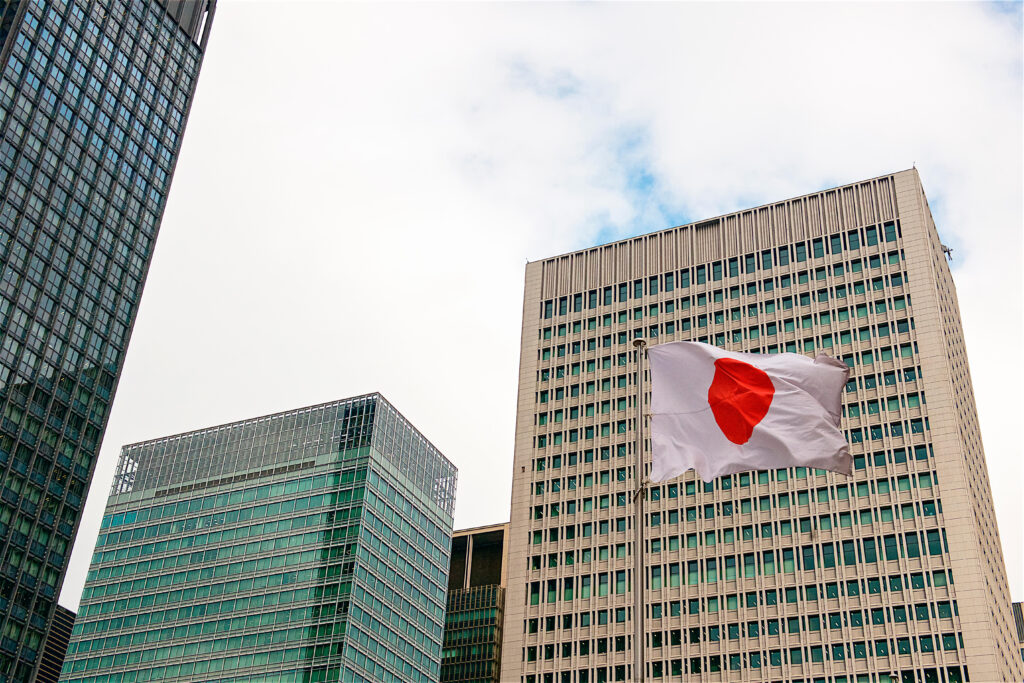
However, the steel and chemical sectors, which are highly dependent on exports, are unlikely to avoid the impact of falling demand from China. The Nihon Keizai Shimbun (Nikkei) reported that 80% of companies are expected to outperform their existing targets after comparing their own net profit forecasts for fiscal 2023 (April 2023-March 2024) with those of three or more securities firms.Automobile manufacturers are expected to perform well beyond their targets. Nikkei explained, “The weak yen is a factor that boosts automakers’ profits.”Toyota is expected to earn 850 billion yen more than this year’s target. Toyota’s net profit this year is expected to be 3.43 trillion yen.Toyota has already filled 51% of its annual performance planned between April and June this year. Operating profit surged 94% year-on-year to 1.1209 trillion yen during the period, and net profit also rose 78%. Toyota is the first Japanese company to post an operating profit of 1 trillion yen on a quarterly basis. In addition to the yen’s low, production recovered due to the resolution of the shortage of automotive semiconductors, and Lexus’ strong sales in North America led the performance.Mizuho Securities analyst Yoshitaka Ishiyama said, “We expect many automakers to raise their earnings forecasts for this year in their next quarterly results.”

Nintendo, a Japanese video game company, is also benefiting from the yen. Nintendo originally expected its net profit to fall 20% year-on-year this year, but the market is expected to fall only 2%. This is because Nintendo’s new work has been very successful, and the yen’s weakness has increased the foreign currency’s foreign exchange gains. In addition, the media said that the performance outlook for the travel industry is bright as the number of inbound travelers increases rapidly. In fact, according to an announcement by the Japanese Government Tourism Bureau (JNTO) on the 16th of last month, the number of tourists visiting Japan in May exceeded 2 million, recovering to 80% before the COVID-19 pandemic.On the other hand, 20% of companies are expected to perform below their original target this year. The aftermath of sluggish demand in China is affecting the Japanese industry. “There are no companies in the chemical and steel sectors that are not affected by the Chinese economy,” the media said. In particular, chemical companies such as Sumimoto Chemical and Asahi Kasei are expected to be directly hit by the slowdown in China’s economy and falling demand for petrochemical products.Kenji Abe, chief strategist at Daiwa Securities, said, “The benefits of the increase in yen and inbound tourists will further strengthen our performance,” adding, “The future U.S. benchmark interest rate outlook and China’s economic trend hit by the real estate crisis will be variables.”
SOPHIA KIM
US ASIA JOURNAL

